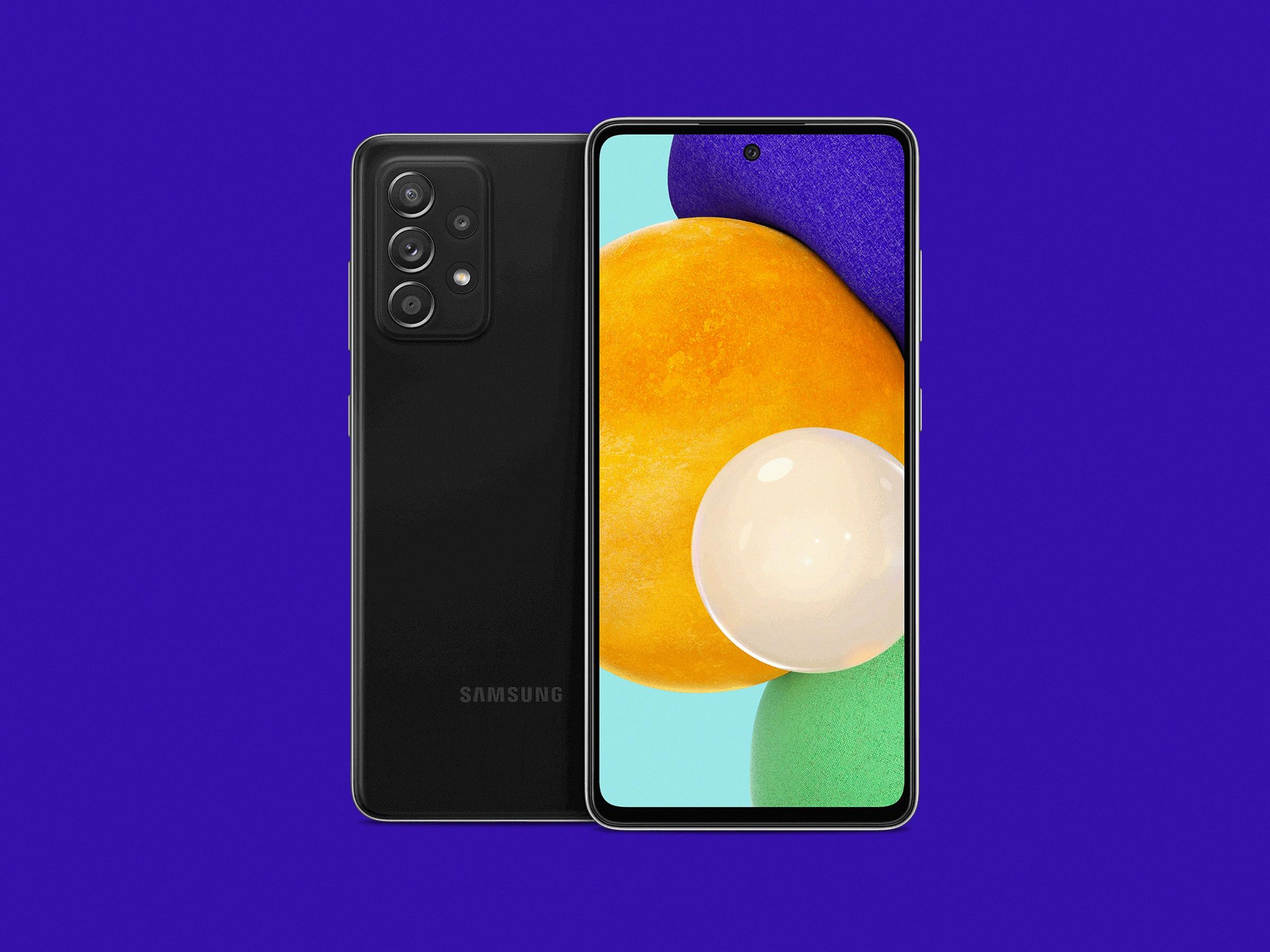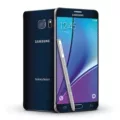In today’s fast-paced world, smartphones and tablets have become an integral part of our lives. Among the many options available in the market, two prominent names that often come up are Android and Samsung. While many people tend to use these terms interchangeably, it is important to understand that they are not the same thing. Let’s delve deeper into the world of Android and Samsung to uncover their similarities and differences.
Android, developed by Google, is an open-source mobile operating system. It powers a wide range of devices, including smartphones, tablets, smartwatches, and even televisions. It offers users a versatile and customizable experience, allowing them to personalize their devices according to their preferences. Android provides access to the Google Play Store, which hosts a vast collection of applications, games, and other digital content.
On the other hand, Samsung is a well-established brand that manufactures a variety of electronic devices, including smartphones and tablets. Samsung smartphones and tablets run on the Android operating system, but Samsung also incorporates its own user interface, called One UI, on top of the Android platform. This means that while Samsung devices use Android as their base, they also have additional features and functionalities that are unique to Samsung.
Now let’s explore some of the similarities between Android and Samsung. Both Android and Samsung devices offer a wide range of applications and services, allowing users to stay connected, be productive, and enjoy entertainment on the go. They also both provide access to popular social media platforms, such as Facebook, Instagram, and Twitter, as well as email and messaging apps.
Furthermore, both Android and Samsung devices support a multitude of connectivity options, including Wi-Fi, Bluetooth, and mobile data. This enables users to connect to the internet, share files, and communicate with other devices seamlessly. Additionally, both Android and Samsung devices offer high-quality cameras, allowing users to capture and share cherished moments with family and friends.
While there are many similarities, it is also important to highlight the differences between Android and Samsung. Firstly, Android is an operating system that is used by various manufacturers, not just Samsung. This means that there are numerous Android devices available in the market, each with its own design, features, and performance capabilities. On the other hand, Samsung devices, running on the Android operating system, have their own distinct design language, hardware specifications, and additional features.
Another difference lies in the user interface. Android devices offer a stock Android experience, which is a clean and minimalistic interface, while Samsung devices have their own customized user interface, One UI, which adds additional features and a unique visual style. This means that the user experience may vary between Android devices and Samsung devices.
In terms of updates and support, both Android and Samsung devices receive regular software updates and security patches. However, the timing and frequency of these updates may vary depending on the device manufacturer and model. Samsung, being a major player in the Android market, often provides timely updates for its devices, ensuring users have access to the latest features and security enhancements.
While Android and Samsung are closely associated with each other, it is important to recognize that they are not the same thing. Android is an open-source mobile operating system developed by Google, while Samsung is a prominent device manufacturer that uses Android as the base for its smartphones and tablets. Understanding the similarities and differences between the two can help users make informed choices when selecting their next mobile device.
Is a Samsung Phone an Android?
A Samsung phone is an Android. All Samsung smartphones and tablets use the Android operating system, which is a mobile operating system developed by Google. Android is an open-source platform that allows manufacturers like Samsung to customize and modify it to suit their devices. Samsung has its own user interface called Samsung Experience (previously known as TouchWiz), which is layered on top of the Android OS to provide a unique user experience.
Here are some key points about Samsung phones and Android:
1. Android OS: Android is a mobile operating system developed by Google. It is used by various smartphone manufacturers, including Samsung, to power their devices.
2. Samsung’s Customization: Samsung customizes the Android OS to create its own user interface, called Samsung Experience. This interface adds extra features and a unique look and feel to Samsung devices.
3. Google Play Store: Samsung phones come with the Google Play Store, which is the official app store for Android. Users can download and install various apps, games, and utilities from the Play Store.
4. Android Updates: Samsung releases software updates for its devices to provide new features, bug fixes, and security patches. These updates are based on the latest version of the Android OS.
Samsung phones are Android devices as they run on the Android operating system provided by Google. However, Samsung adds its own customization on top of Android to create a unique user experience for its users.

Which Phones are Android?
Here is a comprehensive list of Android phones available in the market:
– Samsung Galaxy S22 Ultra
– Samsung Galaxy S22 / S22+
– Samsung Galaxy A53 5G
– Samsung Galaxy Z Flip4
– Samsung Galaxy Z Flip3
– Samsung Galaxy Z Fold3
– Motorola Edge
– Google Pixel 7
These are just a few examples of the Android phones that are currently available. Android is an operating system developed by Google and is used by various manufacturers to power their smartphones. It provides a user-friendly interface and a wide range of features and customization options. Android phones offer a diverse selection of models and price ranges to cater to different user preferences and budgets.
In addition to the ones mentioned above, there are numerous other Android phones from brands like OnePlus, Xiaomi, Oppo, and more. The Android ecosystem is constantly evolving, with new models being released regularly, offering improved performance, innovative features, and cutting-edge technology.
Are All Android Devices the Same?
All Android devices are not the same. Android is an operating system that runs on a wide range of device configurations, including smartphones, tablets, smartwatches, and more. Different manufacturers produce Android devices with varying specifications, features, and hardware capabilities. This results in differences in terms of performance, screen size, camera quality, storage capacity, battery life, and overall user experience.
Moreover, Android devices also differ in terms of software versions. Newer devices often come with the latest version of Android, while older devices may not receive updates or may have limited support for newer features. This means that not all Android devices can access the same software features or run the latest apps.
Additionally, certain hardware features may be present on some Android devices but not on others. For example, some devices may include a compass sensor, while others may not. This variation in hardware features can affect the compatibility of certain apps or functionalities that rely on specific sensors or components.
Android devices can vary significantly in terms of hardware specifications, software versions, and available features. It’s important for developers and users to consider these differences when developing or using apps that require specific hardware capabilities or software features.
Which is Better Android or iPhone?
When it comes to the debate of Android vs iPhone, determining which is better depends on individual preferences and needs. Both operating systems have their own strengths and weaknesses. However, it is important to note that iPhone, with its iOS operating system, offers a more premium and refined hardware experience compared to Android devices.
Here are some key points to consider:
1. Hardware: Apple is known for its high-quality hardware, with iPhones often featuring sleek designs and premium materials. This attention to detail extends to components like cameras, processors, and displays, resulting in a smooth and polished user experience.
2. Software: iOS is known for its simplicity and ease of use. Apple tightly controls its ecosystem, which ensures a more consistent and optimized experience across devices. The iOS interface is intuitive, with minimal customization options but a clean and user-friendly design.
3. App Store: Apple’s App Store is known for its strict guidelines and rigorous review process, resulting in a curated selection of high-quality apps. This helps ensure that users have access to a wide range of secure and well-designed applications.
4. Privacy and Security: Apple places a strong emphasis on user privacy and data security. With features like Face ID, secure enclave, and regular iOS updates, iPhone users benefit from a more secure ecosystem compared to Android.
Conclusion
Android and Samsung have revolutionized the mobile industry with their innovative technologies and user-friendly experiences. Android, as an operating system, offers a vast range of features and customization options, making it a popular choice for smartphone and tablet users worldwide. Samsung, on the other hand, has consistently delivered high-quality devices that showcase the power and capabilities of Android.
Samsung smartphones and tablets, powered by Android, provide users with top-of-the-line hardware, stunning displays, and impressive camera capabilities. They offer a seamless integration with the Android operating system, allowing users to enjoy a smooth and intuitive user experience. With Samsung’s commitment to design and build quality, their devices often set the bar for what a premium smartphone should be.
Furthermore, Samsung’s collaboration with Google has resulted in the development of flagship devices like the Galaxy S series and the innovative foldable devices like the Galaxy Z Flip and Z Fold. These devices not only showcase the capabilities of Android but also push the boundaries of what a smartphone can do.
While Android may have a larger user base, it is clear that Samsung stands out as a leader in the Android market. Their dedication to delivering exceptional hardware, combined with the power and flexibility of the Android operating system, has solidified their position as a top choice for consumers worldwide.
The combination of Android and Samsung has created a winning formula that offers users a wide range of choices, features, and performance. Whether it’s the sleek design, powerful hardware, or the extensive app ecosystem, Android and Samsung devices continue to impress and cater to the diverse needs of smartphone and tablet users.








